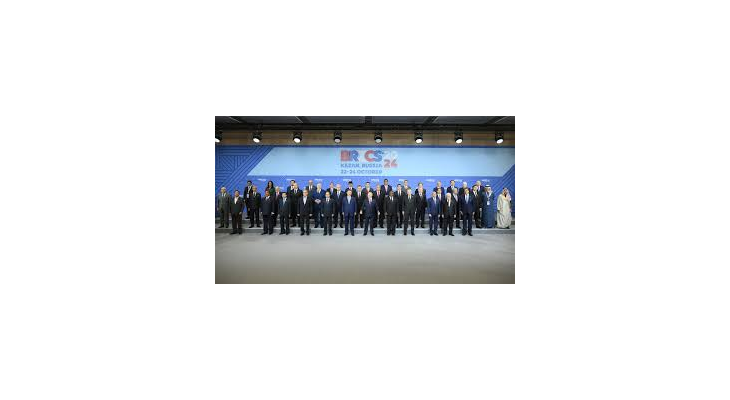All attention these days is focused on Kazan, where the BRICS summit is taking place from October 22 to 24. Western media have published articles highlighting that BRICS is becoming a powerful counterbalance to the West in both global politics and trade.
The alliance plays a key role in establishing a multipolar world order and promoting the policy of de-dollarization (moving away from the dollar).
A New Financial System
The British magazine The Economist discusses "Putin's plan" to create an alternative BRICS payment system, an idea also actively supported by China. If the initiative is implemented, it will dismantle the hegemony of the dollar, which has been "the foundation of the postwar order." The Ministry of Finance has announced the upcoming launch of the BRICS Bridge platform for transactions in national currencies, including digital ones.
Russian Foreign Minister Sergey Lavrov emphasized that the alternative BRICS payment system would allow economic transactions "without dependency on those who have chosen to weaponize the dollar and euro."
According to journalists, the introduction of BRICS Bridge could strike at U.S. dominance and protect Russia and its allies from sanctions, as they are solely based on the dollar’s supremacy in the world. Reuters shares a similar view, stating that the new BRICS financial system will enable currency exchanges without the need for dollar transactions.
Journalists view the Kazan summit as proof that the West's attempts to isolate Russia have failed. Experts also highlight the importance of BRICS membership for Russia’s economy. It is a vital tool for boosting trade, from supplying Russian products to new markets to facilitating the import of goods and technologies.
It is essential to understand that BRICS is not merely a union of neighboring economies (like the EAEU or CIS), but a gateway to the global market. Today, BRICS countries represent half the world.









